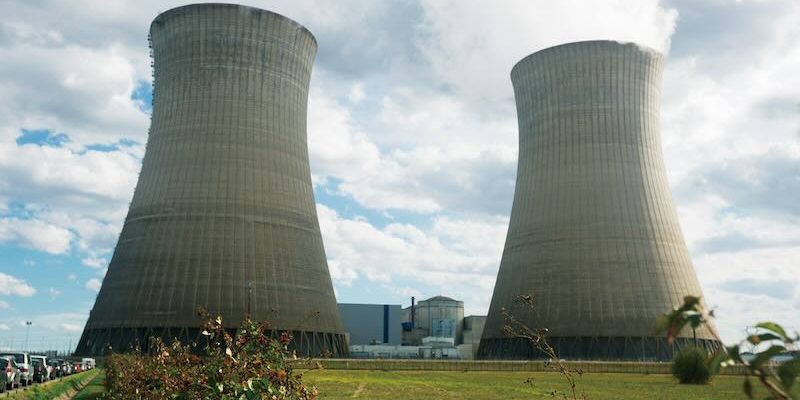
For most people familiar with the Taipei-based Foundation for Scholarly Exchange, the non-profit organization has been virtually synonymous with the Fulbright Program. Over the more than 60 years in which the Foundation has been managing the Fulbright Program in Taiwan, it has provided grants enabling over 1600 American scholars to come to Taiwan to conduct research projects and over 1600 Taiwanese scholars to do the same in the United States.
“That interchange has made a huge contribution to the strength of the relationship and the depth of understanding between Taiwan and the United States,” says William C. Vocke, Jr., Executive Director of the Foundation. “But what many people do not realize is that in recent years Fulbright has been only one part of our mandate. In fact, we are actively working on developing new programs and new approaches to further our broader mission of advancing cooperation between Taiwan and America in international education and international exchange.”
While funding for the Fulbright exchanges comes from the two governments, the new projects have relied on support from corporate and other donors.
A prime example of the wider undertaking is the Foundation’s English Teaching Assistants (ETA) program that brings recent American college graduates to Taiwan to help teach English in local schools, particularly in remote or less-privileged areas. The program began in 2003 with eight ETAs assigned to schools in Yilan County, and has been so successful that it has been steadily expanded. Next academic year it will operate with some 130 ETAs in a total of nine counties.
Studies conducted by National Taiwan Normal University researchers have confirmed that having an ETA in the classroom increases student motivation to learn English and helps improve listening and speaking skills. “The ETAs bring a lot of enthusiasm, commitment, and engagement to the classroom,” says Vocke.
The young Americans’ involvement also extends beyond the schoolroom. Another part of their responsibility is to engage in community service activities. “They work with orphanages, libraries, and religious and environmental organizations, coach sports teams, and give language training for county government officers,” says Kelly Chang, the ETA Program director. “They make a big contribution in terms of cross-cultural understanding.”
For Taiwan, a further virtue of the program is that it gives scores of bright and ambitious young Americans the chance to get to know and appreciate this country. As they later make careers in government, business, and academia, they can be expected to be among Taiwan’s good friends and supporters.
Another language-training program – but in the other direction – arranges for Taiwanese instructors to spend a year in the United States as teaching assistants in American colleges. Currently 25 Taiwanese – mostly English teachers by profession who have received retraining to teach Mandarin to foreigners – are serving in the program. When they return home, their experience in the U.S. will enable them to be even more effective English teachers.
“We intend to become even more involved in training English teachers in Taiwan,” says Vocke. “We sent 20 teachers to the University of California Davis this winter for two weeks of intensive language training, and in May we’ll bring Taiwanese training to be English teachers at five universities around the island to Taipei for a day-long workshop on teaching English.”
Yet another new initiative is a plan to help promote English-language courses at Taiwanese universities to American undergraduates. The Foundation is currently seeking to invite a number of U.S. colleges, especially smaller or medium-sized institutions that may lack their own foreign-study programs, to join a Consortium for Study Abroad in Taiwan (CSAT). Cooperating with CSAT on the Taiwan side will be an alliance of universities known as FICHET – the Foundation for International Cooperation in Higher Education in Taiwan.
“There are a lot of excellent courses being taught in Taiwan in English, but if you’re a student in the U.S. it can be very hard to find out exactly what’s available in a particular discipline,” says Vocke. “Our idea is to help match the students’ interests with the course opportunities.” The program will start with some short-term courses this summer, with more students committed to coming for a semester this fall.
“There’s a lot more we hope to accomplish,” says Vocke. “The Foundation has the capacity, knowledge, experience, and networks, and we’re open to ideas. In line with the Taiwan government’s goal of establishing English as a national language by 2030, we’re ready to be of service.”





